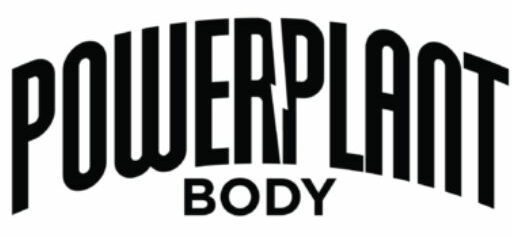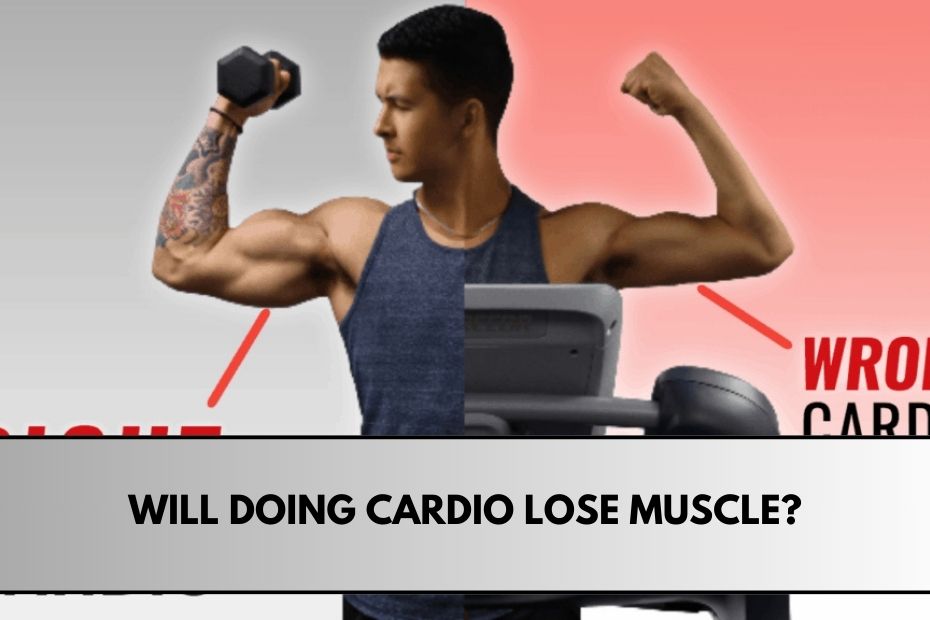Cardio is a popular form of exercise that offers numerous health benefits. Whether you are looking to improve your cardiovascular health, lose weight, or boost endurance, cardio plays a significant role in fitness routines. However, one common concern among individuals engaging in cardio is whether it could lead to muscle loss. In this article, we will explore how cardio impacts muscle, discuss the relationship between cardio and muscle retention, and offer tips to maintain muscle while doing cardio.
Understanding Cardio and Muscle Loss
What is Cardio?
Cardio, short for cardiovascular exercise, involves activities that elevate the heart rate and improve overall heart health. Examples include running, cycling, swimming, and brisk walking. While these activities burn calories and help with weight management, there are concerns about their effect on muscle mass.
How Cardio Affects Muscle Mass
Caloric Deficit and Muscle Loss
Cardio helps burn calories, making it effective for weight loss. However, if the body does not receive enough nutrients to support muscle maintenance, some muscle loss can occur. This is especially true when cardio is combined with a calorie deficit, where the body’s energy intake is lower than the energy expended.
Muscle Breakdown During Prolonged Cardio
During prolonged or intense cardio sessions, the body may shift from using carbohydrates and fats to using muscle protein for energy, leading to muscle breakdown. However, this is not always the case if the proper balance of nutrients and rest is maintained.
Maintaining Muscle While Doing Cardio
1. Balanced Diet
To avoid muscle loss, it is essential to consume a well-balanced diet rich in protein, carbohydrates, and healthy fats. Protein helps repair and build muscle tissue, making it crucial for individuals who engage in regular cardio.
2. Strength Training
Incorporating strength training exercises alongside cardio is a great way to preserve and even build muscle. Resistance training can stimulate muscle growth and counterbalance the potential muscle loss that might occur from excessive cardio.
3. Rest and Recovery
Adequate recovery time is essential for muscle repair. Overworking through excessive cardio sessions without sufficient rest may lead to muscle fatigue and loss.
4. Proper Hydration and Supplements
Staying hydrated and taking supplements such as branched-chain amino acids (BCAAs) or creatine can support muscle preservation during cardio.
Cardio vs. Resistance Training
Cardio vs. Strength Training for Muscle Retention
While cardio burns calories effectively, resistance training is more targeted towards muscle growth and maintenance. Combining both types of exercise ensures a balanced approach to fitness, enhancing cardiovascular health while preserving muscle mass.
Impact of Excessive Cardio
Excessive cardio without resistance training may lead to a decrease in muscle mass over time. However, this can be minimized by focusing on moderate cardio sessions and integrating strength exercises into a fitness plan.
Benefits of Cardio with Muscle Retention
1. Improved Fitness
Cardio enhances cardiovascular health, boosts endurance, and promotes weight loss when done in moderation.
2. Healthier Lifestyle
A balanced exercise routine including both cardio and strength training can lead to a healthier lifestyle and improved body composition.
3. Reduced Risk of Injury
Muscle retention ensures that joints and ligaments are supported, reducing the risk of injury associated with prolonged cardio workouts.
Table: Key Tips for Maintaining Muscle During Cardio
| Tip | Description |
|---|---|
| 1. Balanced Diet | Ensure a diet high in protein, healthy fats, and carbohydrates to fuel your body and support muscle health. |
| 2. Strength Training | Incorporate resistance training alongside cardio to maintain muscle mass. |
| 3. Recovery | Rest days and proper recovery are essential to prevent muscle fatigue and breakdown. |
| 4. Hydration & Supplements | Staying hydrated and using supplements like BCAAs can support muscle retention. |
Powerplant Body
FAQs
Can Cardio Alone Lead to Muscle Loss?
Cardio, when done excessively or without proper nutrition, can lead to muscle loss. However, with a balanced diet and strength training, muscle loss can be minimized.
How Much Cardio is Too Much for Muscle Retention?
Excessive cardio sessions (over 4-5 times a week without adequate strength training and recovery) can negatively impact muscle mass.
What Role Does Protein Play in Muscle Maintenance?
Protein is crucial for muscle repair and growth. Consuming enough protein ensures that the muscles recover and grow stronger after workouts.

